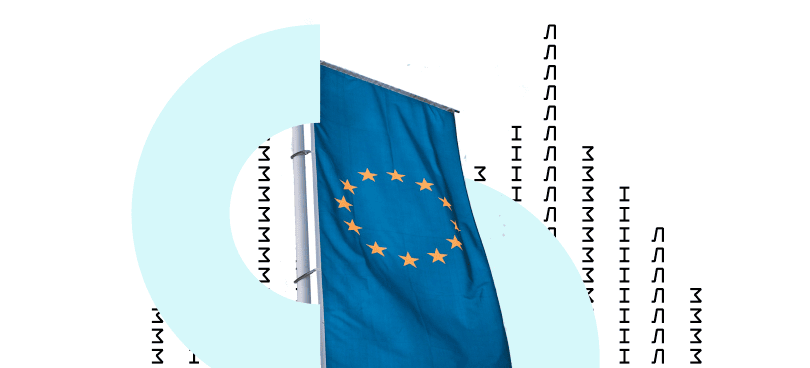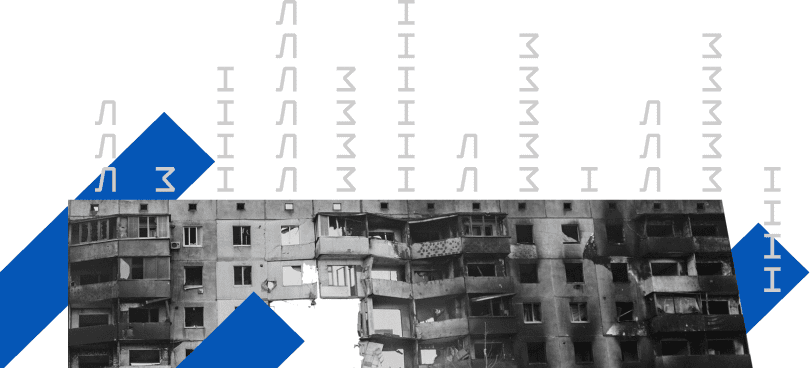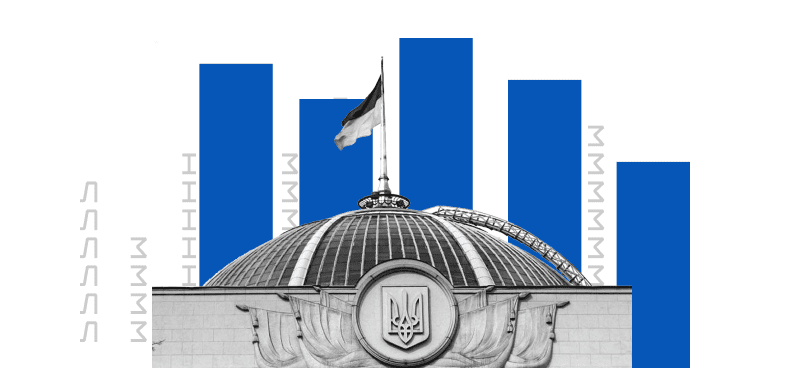Ukraine is currently facing perhaps the greatest challenge in its history due to the threat posed by Russia, which unleashed a full-scale war on our territory in 2022. And for more than 1.5 years now, the struggle for independence and the ability to choose our own future has been ongoing. This aggressive war has triggered large-scale crises, including economic and demographic. According to the State Statistics Service, on the eve of the full-scale war, in November 2021, Ukraine had a population of around 41 million people.
These figures are rather approximate and may be subject to significant error, as the last full census of Ukraine was conducted more than 20 years ago, in 2001. According to its results, 48.5 million people lived in Ukraine back then. And after almost a year of war, as of 1 January, 2023, according to the Institute of Demography and Social Studies, the population of Ukraine was between 28 million and 34 million people.
This threatens to deepen Ukraine’s demographic crisis in the future, as most of the forced migrants are young and middle-aged women with children. Families are being separated, which in turn has a negative impact on family relationships. Thus, in the first half of 2023, the number of divorces in Ukraine tripled. The deepening demographic crisis could lead to a significant labour shortage, and thus become a significant factor undermining the country’s economic capacity.
The study focuses on the plans of forced migrants to return to Ukraine, what may influence their decision to return to Ukraine or stay abroad, and what may motivate them to change their minds.
The development of a state policy on the return of forced migrants, along with incentive measures to overcome future labour shortages, should be an integral part of the post-war recovery, which will be implemented within the framework of the Plan for the Recovery of Ukraine from the consequences of the war, which aims to accelerate rapid economic growth.















